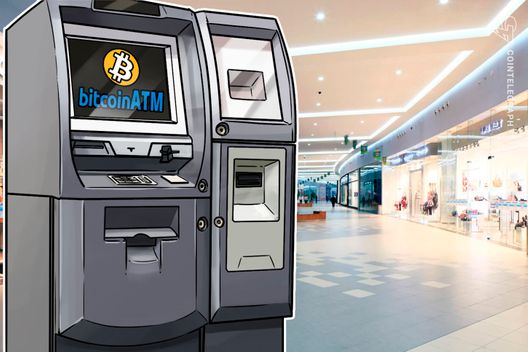Aussie state government blockchain platform may prevent a tower block inferno
The platform will track the material resources, subcontractors and construction process used to build Aussie homes.
612 Total views
4 Total shares

Big Four accounting firm KPMG has partnered with Australian property developers Mirvac to develop a blockchain-based platform to track the provenance of buildings.
The platform was commissioned by the New South Wales state government.
Taking inspiration from supply chain initiatives to track beef products using blockchain, the platform will allow property insurers, investors, and owners to access verified data on the resources, subcontractors and building processes employed during a property’s construction.
A working model is slated to go live within six months and will be piloted on existing buildings that are undergoing rectification amid the recent flammable cladding crisis, in addition to an upcoming development from Mirvac.
The integrity and trustworthiness of Australian property construction has emerged as a major concern after the 2017 Grenfell Tower disaster in the United Kingdom prompted a national investigation into the safety of materials used in Australian buildings during 2019.
The subsequent report estimated that it would cost roughly $4.2 billion to fix thousands of homes that are fitted with dangerously combustible cladding. As of February 2021, it was estimated that just 11 of the more than 3,400 affected buildings had been fixed.
William Payne, Mirvac’s chief digital officer, emphasized the challenge faced by consumers seeking to access certification and detailed records about the safety of the materials and processes used while building a property:
“The more insight you have into what has gone into a building and understanding not just the physical materials but also who has been involved in installing them and so on, the more confidence that all parties will have in the quality of the building.”
Related: Senator warns lack of regulations could harm Australian crypto innovation
Australia has recently emerged as a leader for blockchain provenance projects, with the federal government announcing two grants of $3 million each to blockchain teams targeting minerals certification and excise taxation solutions.
At the start of 2020, the government also unveiled its five-year National Blockchain Roadmap, citing supply chain tracking for agriculture and wine exports alongside certifying educational qualifications and identity verification for the finance industry as the three most promising use cases for DLT.









